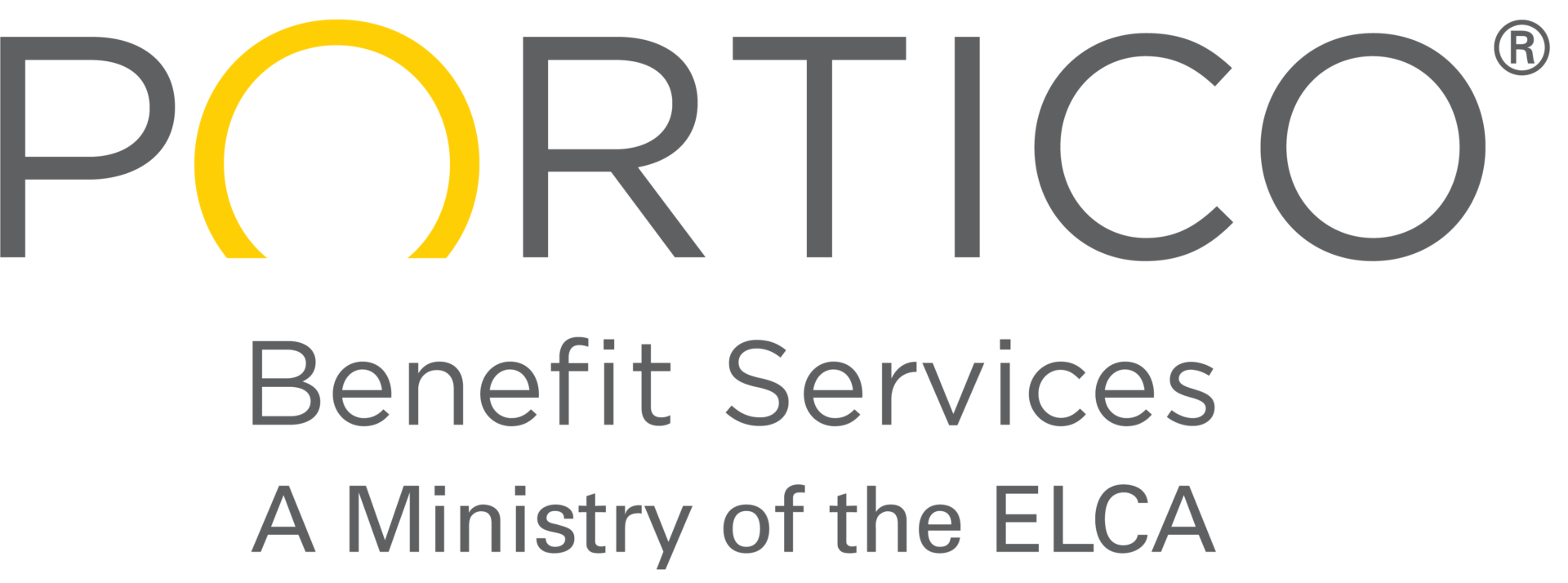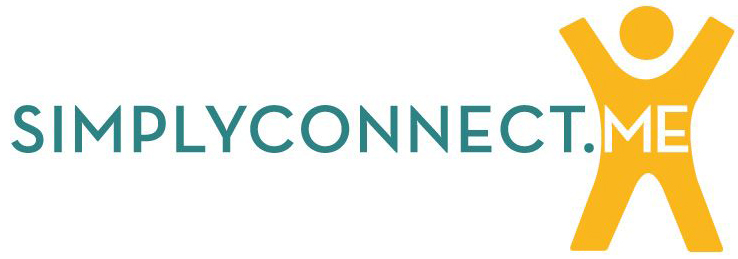Following the decision of the United States Supreme Court to dismiss the California v. Texas lawsuit which could have fully overturned the Affordable Care Act (ACA), Lutheran Services in America President and CEO Charlotte Haberaecker emphasizes the national network’s support for ensuring that all Americans have access to affordable, quality health care – regardless of their income, race, gender, faith or ZIP code.
“While the ACA is not perfect, the protections it has instituted for underserved groups have greatly increased their ability to access much-needed health care especially important during the ongoing COVID-19 public health emergency. At this vital time, given our longtime commitment as a faith-based organization to meeting the health and human services needs of all people, we are pleased to see protections for these populations preserved in federal law.
“Every day, Lutheran Services in America’s 300 health and human services member organizations serve one in 50 Americans ranging from older adults and children, youth and families, to people with disabilities, veterans, and people of all ages experiencing homelessness. All of these people are better served by legal provisions that make obtaining and maintaining quality, accessible, and equitable health care coverage easier – including Medicaid coverage expansion, the elimination of pre-existing condition exclusions, and the prohibition of discrimination based on health status. We encourage lawmakers and the Administration to commit to doing even more to protect the health of all Americans.”
For further information, contact Christopher Findlay at (202) 499-5833 or cfindlay@lutheranservices.org, or Sarah Dobson at (202) 499-5832 or sdobson@lutheranservices.org.

RRF Foundation for Aging recently awarded Lutheran Services in America a grant to conduct a year-long process evaluation of LSA Senior Connect, an enhanced service coordinator program piloted in Toledo, Ohio. The grant will allow researchers from the LTSS Center @UMass Boston to explore how LSA Senior Connect was implemented, with an eye toward informing and guiding replication of LSA Senior Connect in additional low-income and affordable housing communities for older adults. The study will also contribute to ongoing policy discussions addressing the need for increased investment in supportive services delivered in low-income and affordable housing for older adults across the country.
LSA Senior Connect is a person-centered service coordination model developed by Lutheran Services in America and 13 of its member organizations for supporting low-income older adults with chronic health illness within their homes and communities. LSA Senior Connect retrains caregivers to assess the needs of older adults, creates individualized care plans driven by the older adult, and connects the older adult to services and supports that could help them improve their health and quality of life while maintaining their independence.
Thirteen low-income and affordable housing sites of Genacross Lutheran Services in Toledo, Ohio, implemented LSA Senior Connect in February 2019. Initial screening of residents in the program identified unmet needs for social determinants of health including nutrition, transportation, social isolation, home safety, and mobility. For more than a year, service coordinators in the program have been working to address these needs by providing program participants with access to such services as healthy food, reliable transportation to medical appointments, in-home supports, and physical therapy.
The LTSS Center will conduct qualitative in-depth interviews of Lutheran Services in America and Genacross Lutheran Services staff, service coordinators, property managers, residents, and community partners over the next year to evaluate the process. The study of this implementation will guide replication efforts of this enhanced service coordination program and help increase investment in support services delivered for older adults at home.
More than 200 member organizations in Lutheran Services in America’s network of 300 nonprofit health and human service providers serve the needs of older adults.


















